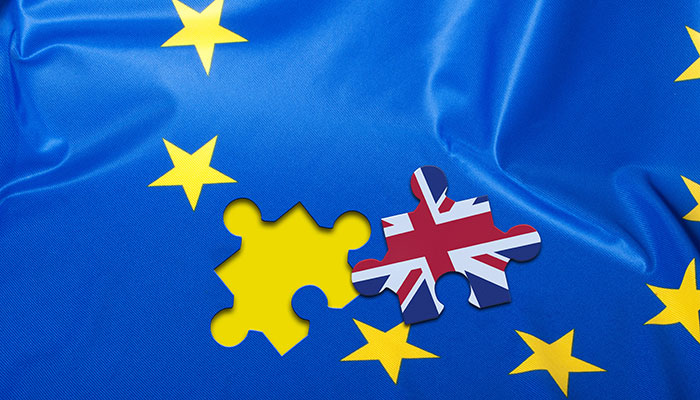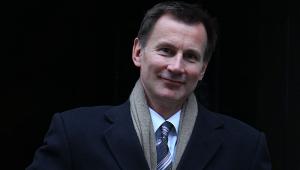
Fiscal events are traditionally some of the most important of the year for any government. This one was different.
In fact, it is more part of the Brexit circus than an event in its own right.
Who would have thought when the Office for Budget Responsibility was set up it that it would be crucial in the government’s attempt to swing as many MPs behind its Brexit policy as it could? But this is the truth about what its latest forecast were used for.
Chancellor Phillip Hammond promised us this would not be a ‘major fiscal event’- just a statement around the new OBR forecasts, leaving big changes for an annual Budget in the Autumn - and he was true to his word.
Despite much lobbying for lots more cash for urgent public priorities – like stopping schools falling over and unfreezing the benefit cap - there were just dribbles of cash for knife crime to give the press something to write about and backbenchers to cheer.
Real announcements, he said, would come in the promised Spending Review which we expect later in the year.
Publishing a few consultations – including one trying to see how to use private finance to fund public sector infrastructure, without being accused of doing a new version of the now hated private finance initiative - and the reports of some previously commissioned ones (like how to stop the big tech companies taking over our lives) - was good for the anoraks interested in that stuff but means nothing much until they are turned into hard proposals – when the trade-offs become clearer.
And some do sound like a rehash of policies that this government or the coalition abolished – like the Future Homes Standard to come in by 2025, which sounds a bit like the old zero carbon homes policy of the Labour government.
'The OBRs economic forecasts themselves are pretty damming and in other times would be devastating for any government and put them on the rack.'
The OBRs economic forecasts themselves are pretty damming and in other times would be devastating for any government and put them on the rack.
The OBR have ratcheted down the growth projection for this year significantly from 1.6% in November, just a few months ago, to 1.2%, astonishingly the lowest growth rate since the depths of the financial crisis in 2009; and for 2020 at 1.4%, the same as forecast in the autumn and implying no early bounce back from lower growth in 2019.
This remember is after growth since the Great Recession has been the weakest out of a recession in British history and after only 1.4% growth in 2018, the lowest since 2012.
A lot of this the OBR put down to uncertainty over Brexit, a government induced uncertainty, although other important factors include the general global slowdown. But the OBR in its forecasts has to assume – the law demands it – that in fact we do get an orderly Brexit and not a chaotic no deal one. And that is probably rather optimistic at this point.
So, Hammond played up as much as he could that if MPs vote through Theresa May’s Brexit Deal (maybe in a third meaningful vote) then there will be lots of money available for public services; but it will not appear if they let a no-Deal happen.
At this point we don’t know if this ‘blackmail’ will work, but it is shrewd politics even though most economists believe that in the event of no deal we would need to do things to boost the economy to counteract the dangers of disappearing into recession – so in fact he is going to spend either way.
The chancellor’s hope that there will be a quick Brexit dividend if we go for a Brexit deal as uncertainty lifts, is pretty optimistic as well, with a recent speech by MPC member Professor Jonathan Haskel doubting that would happen at any speed. The OBR did not seem to buy it.
There were some better things in the new OBR forecasts for the government. Annual borrowing has come down sharply and while debt remains very high indeed at around 84% of GDP, it is projected to keep coming down over time, although not a lot more quickly than was thought in November.
And both employment and real wage projections are looking positive – and probably explain some of the better than expected fiscal news. On the other hand, in addition to the growth projections, those for productivity are poor, those for business investment are dire (falling by 1% in 2019 after a fall of 0.9% in 2018), and the savings ratio looks low – which matters as so much of recent growth is due to consumer spending.
This turned out to be an odd time to do an announcement about the economy, especially when you have pre-announced that you will do no major fiscal changes.
Hammond had to play into the Brexit debate, and clearly wanted to. Time will tell if he did enough.




















